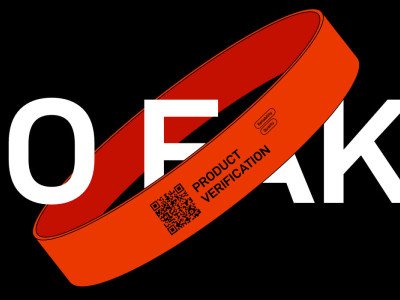We’ve reported on the corrupt methods Singapore has used to clamp down on vaping. Last year they banned vaping – even though vaping was already banned – and this year we explained how a vaper was arrested for vaping in his own home.
Despite the double ban, a proposal to ban flavoured tobacco products (which happens to include ecigs) drove retailers to complain it would have a severe impact on their livelihoods. The justified grumble drew swift rebuke. “Instead of trying to lobby its way against a possible ban on certain tobacco products,” wrote one aggrieved health campaigner, “the industry should actively self-regulate itself and engage in socially-responsible business conduct.”
Calls to be more socially responsible might hold more water were it not for the actions of those on an ideological anti-vaping crusade. “Vaping is not a proven way to stop smoking,” bellows the Indianapolis Business Journal. Written in response to more business owners complaining about unjust legislation, they trot out a pro-NRT pro-pharma message: “Instead of focusing on e-cigarettes, local and state decision-makers who are prioritizing the best approaches to curbing tobacco use should look to proven, evidence-based strategies.”
As these opinions and actions run contrary to the principles of harm reduction it’s exceptionally difficult to see a socially responsible aspect to them. Harm reduction advocate, Michael Siegel thinks so too.
He writes: “The misleading information being spread to the public by vaping opponents, including prominent health agencies like federal, state, and local health departments, has become out of control. It threatens to do immense public health damage by protecting cigarette sales at the expense of a much safer alternative - electronic cigarettes - and at the same time it also threatens the reputation of public health agencies.”
Siegel divides the misinformation being given out into four health group sectors: the international, the national, the state, and the local. “It is the tobacco control community and health agencies like the WHO that truly are holding up harm reduction through their opposition to promoting vaping as a much safer alternative to smoking,” Siegel continues.
How socially responsible is it for The Ohio State University Comprehensive Cancer Center to state, “We have no idea whether vaping is any safer than smoking”?
Siegel is positively smarting when he answers their question: “Are you serious? Anyone who takes an even cursory look at the scientific evidence will tell you that there is no question that vaping is much safer than smoking. Even Stan Glantz - a vaping opponent - acknowledges that there is no question vaping is safer than smoking.”
Dave Cross
Journalist at POTVDave is a freelance writer; with articles on music, motorbikes, football, pop-science, vaping and tobacco harm reduction in Sounds, Melody Maker, UBG, AWoL, Bike, When Saturday Comes, Vape News Magazine, and syndicated across the Johnston Press group. He was published in an anthology of “Greatest Football Writing”, but still believes this was a mistake. Dave contributes sketches to comedy shows and used to co-host a radio sketch show. He’s worked with numerous start-ups to develop content for their websites.
Join the discussion
Parliament Fears Two
The Department for Environment, Food and Rural Affairs faced questions from a Conservative MP and, oddly, a member of the Department for Environment, Food and Rural Affairs
Harm Reduction For The Rich
The United Kingdom risks becoming a harm reduction country only for the wealthy, according to Michael Landl of the World Vapers’ Alliance
Sacrificing Health For 2p Cut
Tory Government alienates vaping voters with its mission to cut tax by an unaffordable 2p to attract voters by placing a tax on vape products in the forthcoming budget
Scotland Announces Single-Use Vape Action
A ban on the sale and supply of single-use vapes in Scotland is due to come into effect on 1 April 2025, under proposed legislation published today







-listing400.jpg)



